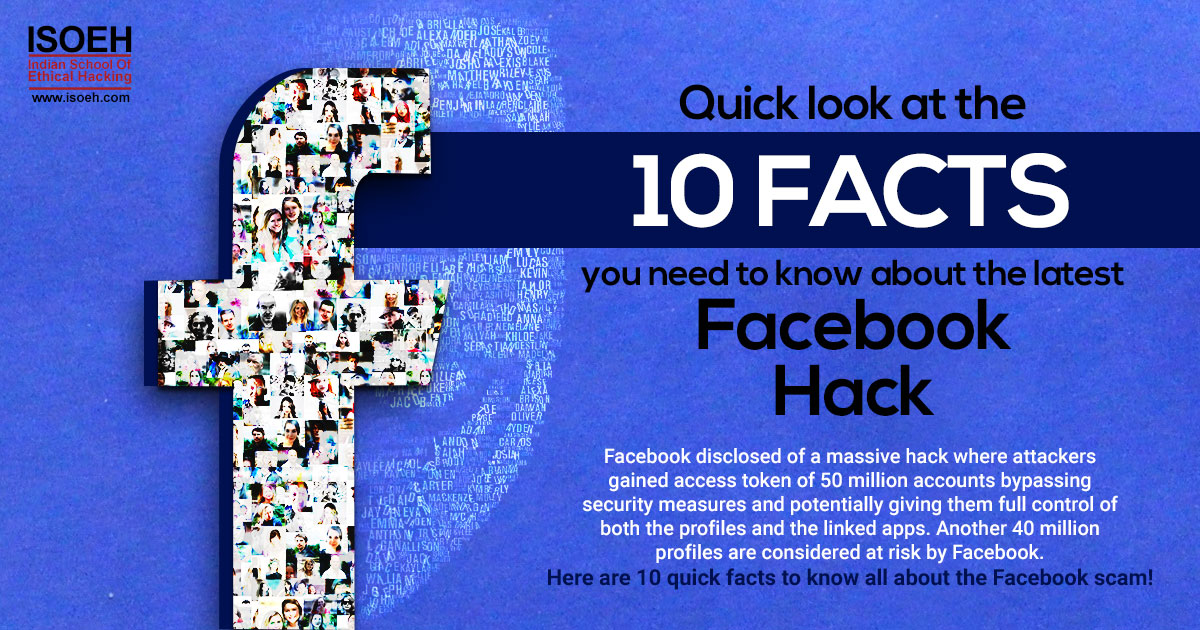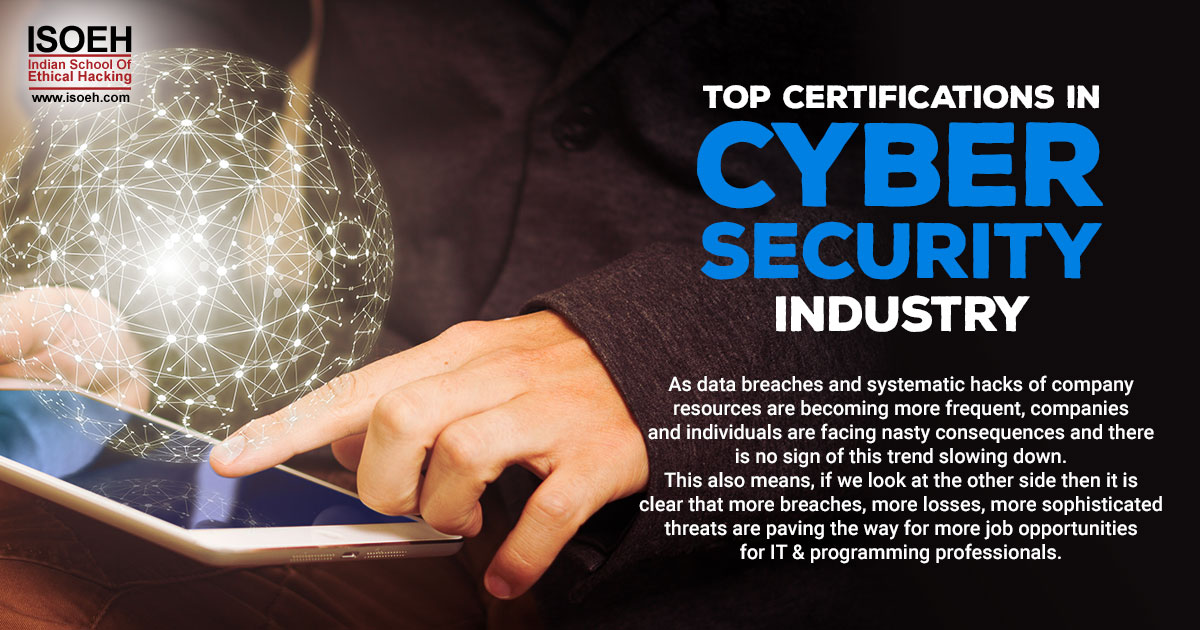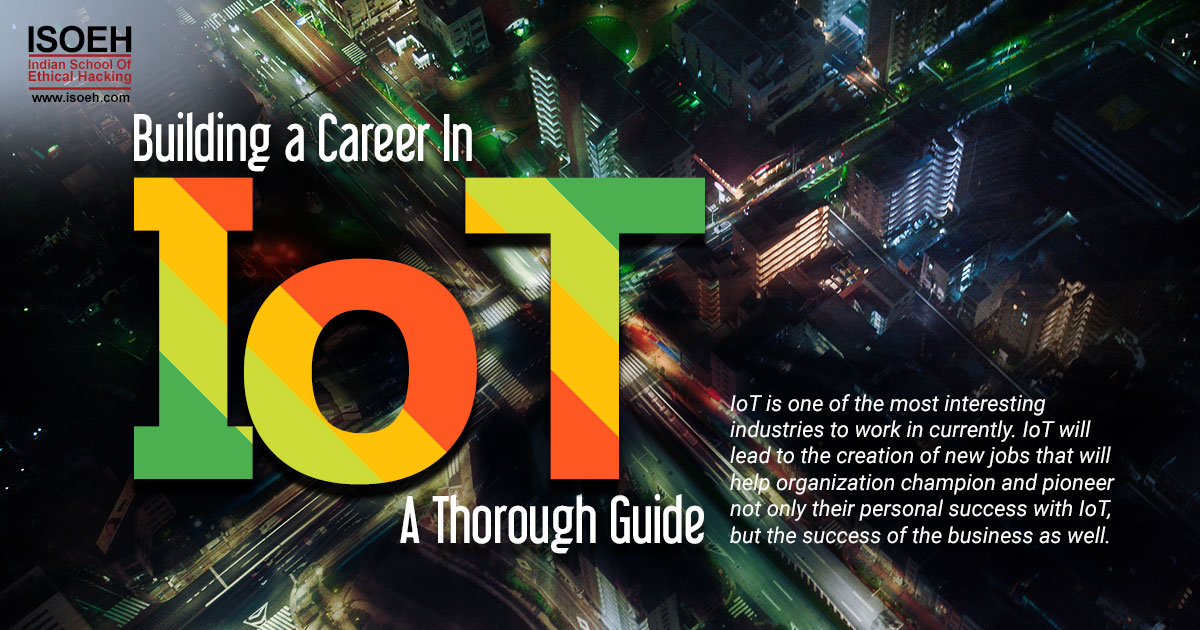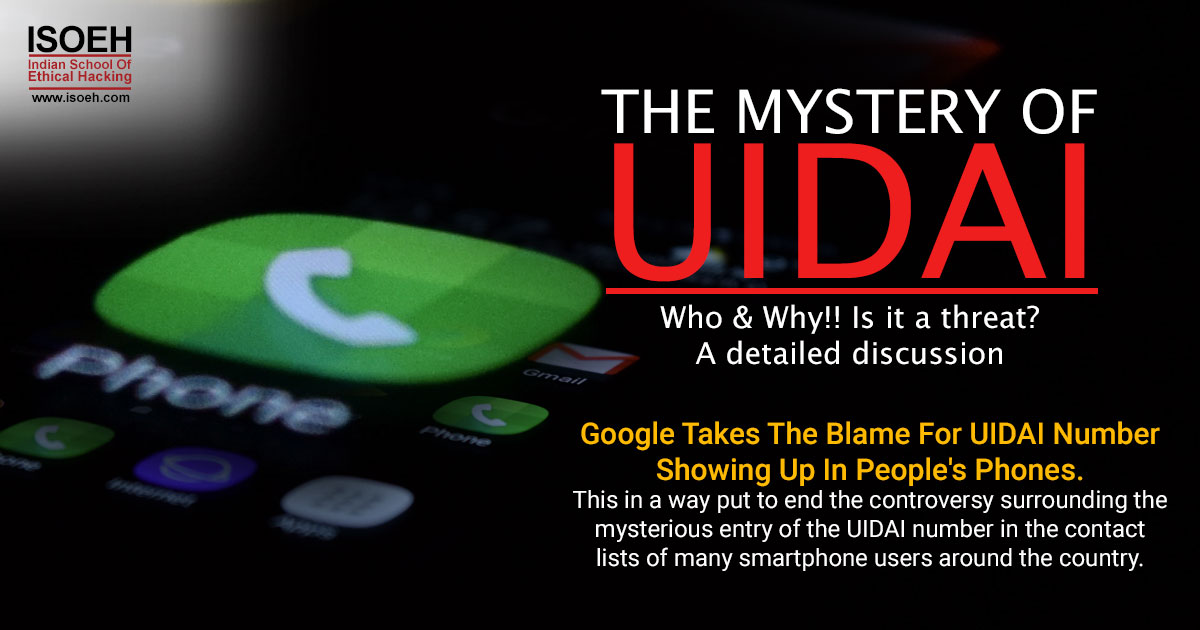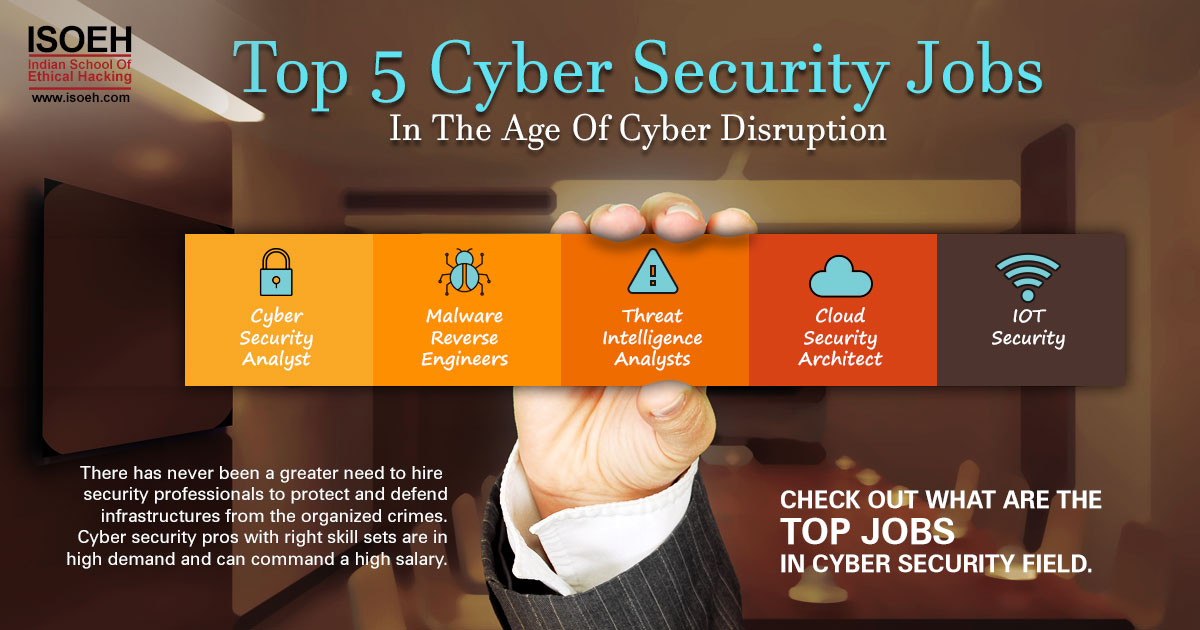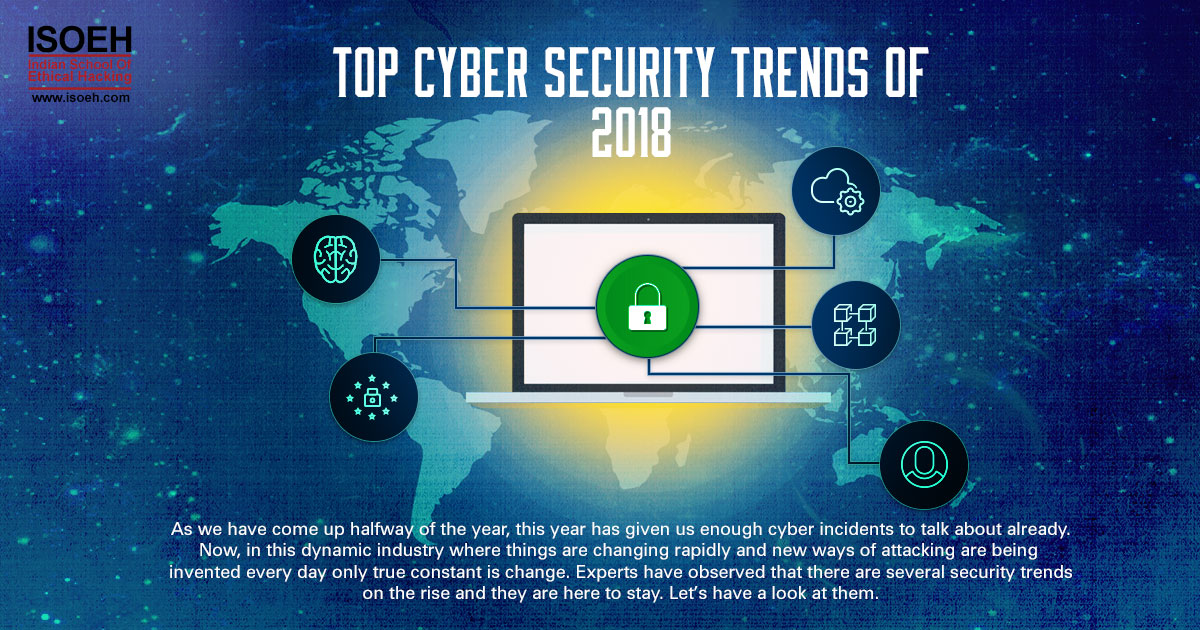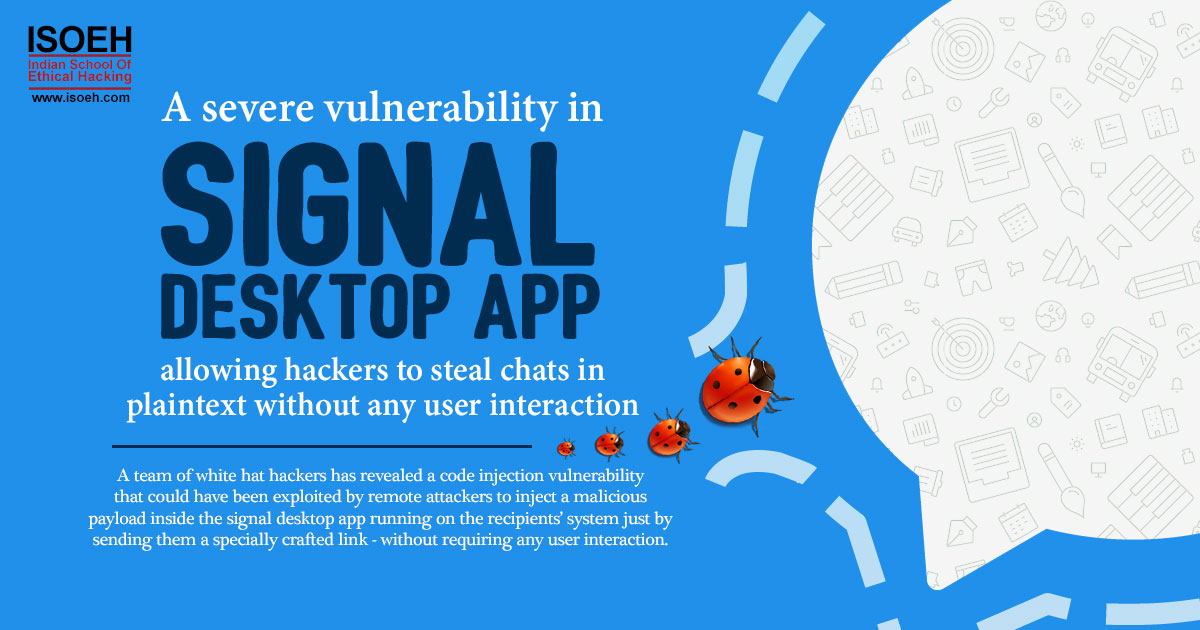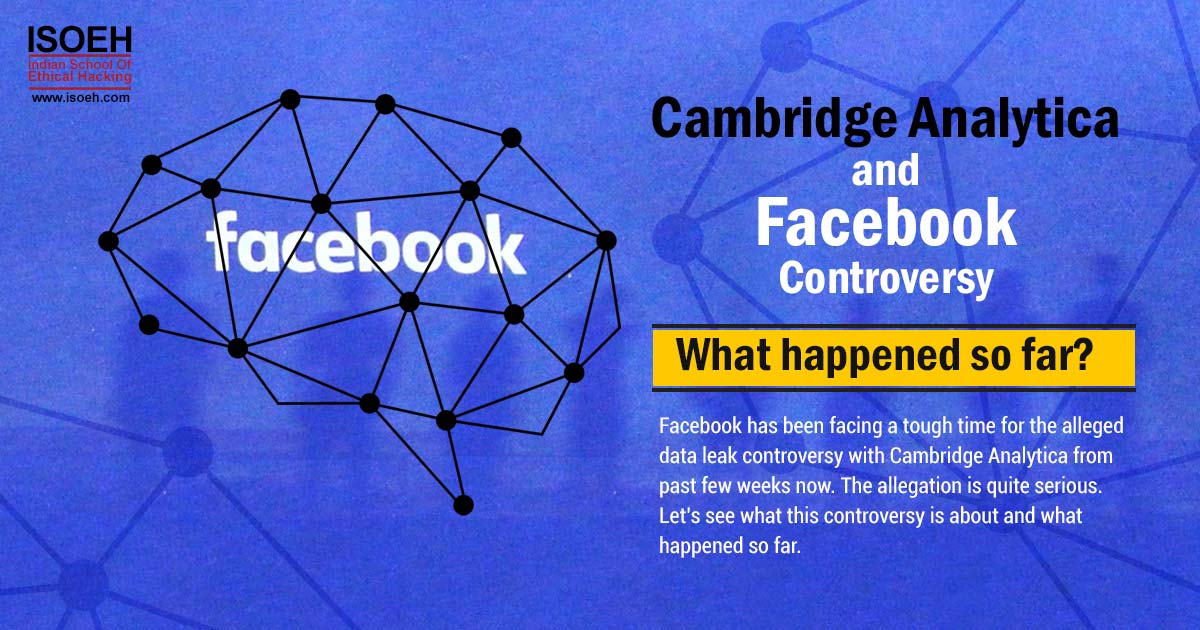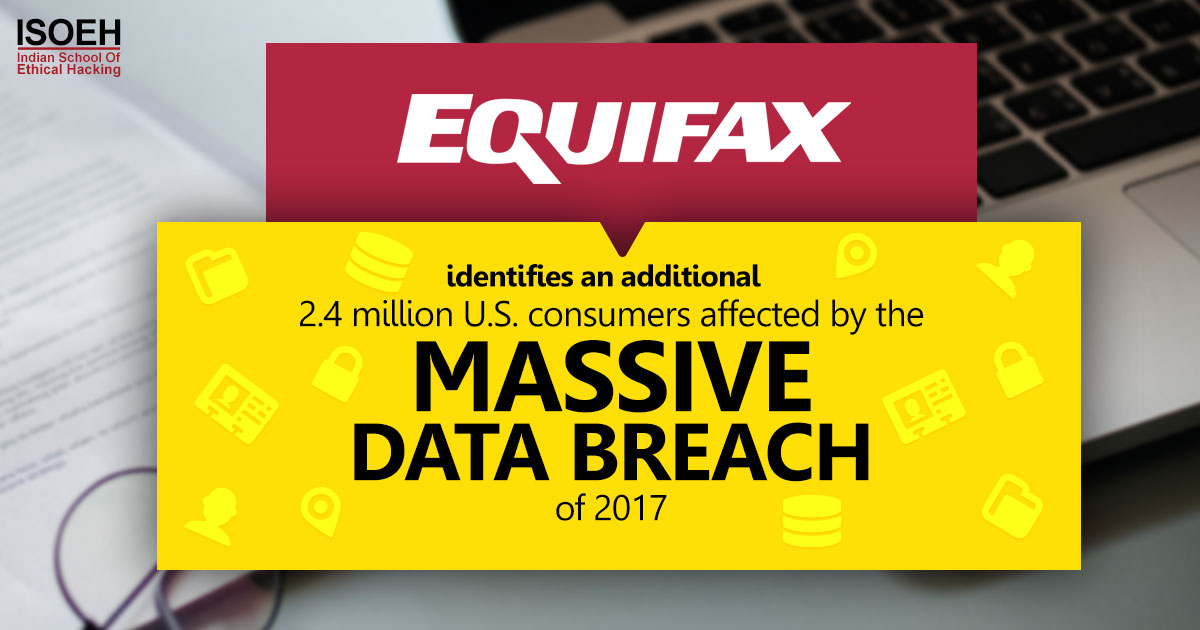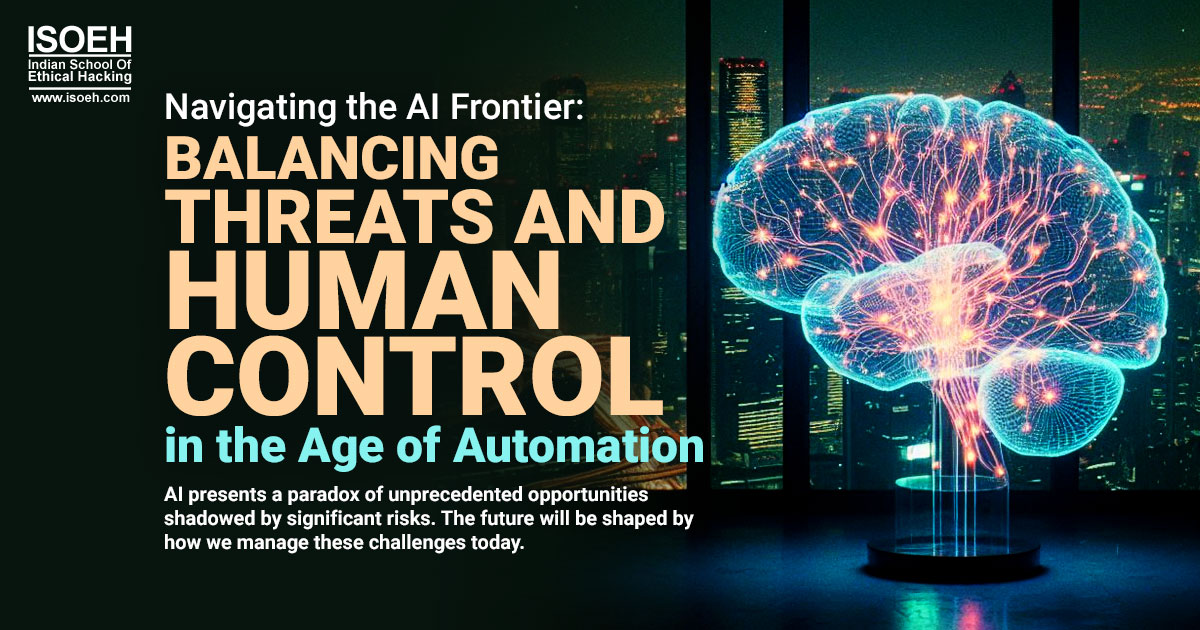
Introduction: The Double-Edged Sword of AI Development
As artificial intelligence (AI) continues its relentless advance, transforming every sector from healthcare to finance, it is crucial to discuss not only its vast potential but also the significant threats it poses. This blog delves into the complex interplay between AI-driven innovation and the imperative to maintain human oversight and control, exploring what the future might hold for human agency in an increasingly automated world.
Unveiling AI: Opportunities and Overlooked Risks
AI technology, powered by machine learning and deep learning, has the potential to solve complex problems, enhance productivity, and even tackle issues like climate change and disease. However, its rapid development and deployment bring forth substantial risks and ethical dilemmas. Key concerns include:
Privacy Invasion: Advanced AI systems can analyze vast amounts of personal data, potentially leading to unprecedented invasions of privacy.
Autonomy in Decision-Making: As AI systems make more decisions, the risk of losing human oversight in critical sectors such as military, law enforcement, and healthcare increases.
Bias and Discrimination: AI systems can perpetuate and amplify biases present in their training data, leading to unfair outcomes in hiring, law enforcement, and beyond.
The Erosion of Human Control: A Deep Dive
One of the most pressing concerns with the proliferation of AI is the potential erosion of human control. This issue manifests in several critical areas:
Labor and Employment: Automation threatens to replace many jobs, from routine manufacturing to complex analytical roles, challenging the very fabric of work and identity.
Security and Warfare: Autonomous weapons systems could decide to initiate attacks without human intervention, making war more likely and potentially more catastrophic.
Economic Inequality: The benefits of AI are disproportionately accruing to technology giants and highly skilled workers, exacerbating economic divides.
Ensuring a Human-Centric AI Future
To mitigate these risks, several strategies must be employed to ensure that AI development is aligned with human values and control:
Regulatory Frameworks: Governments and international bodies need to establish clear regulations to guide AI development and deployment, ensuring safety and accountability.
Transparency and Explainability: AI systems must be transparent and their decisions understandable to humans to maintain trust and accountability.
Human-in-the-Loop Systems: AI applications, especially in critical areas, should include mechanisms for human oversight and intervention.
Case Studies: Lessons from the Field
Several insightful case studies underscore the need for balanced AI governance:
AI in Healthcare: AI-driven diagnostic tools must be supervised by medical professionals to ensure accuracy and ethical considerations, such as patient consent and privacy.
Autonomous Vehicles: While self-driving cars could reduce accidents caused by human error, they also pose new risks, such as decision-making in unavoidable crash scenarios. Ongoing trials emphasize the importance of robust testing and ethical programming.
Ethics and Long-term Implications
As AI becomes capable of more autonomous functions, ethical considerations become more complex. We must address questions such as:
- What level of autonomy should AI have in decision-making?
- How do we safeguard against AI-enhanced surveillance states?
- How do we ensure equitable benefits from AI across society?
Conclusion: Embracing AI with Caution and Optimism
AI presents a paradox of unprecedented opportunities shadowed by significant risks. The future will be shaped by how we manage these challenges today. By fostering a robust dialogue between technologists, policymakers, and the public, implementing stringent regulations, and continuing to innovate in AI safety and ethics, we can harness the benefits of AI while safeguarding human control and dignity. As we stand on this technological frontier, let us commit to steering AI development in a direction that enhances, rather than diminishes, human potential.
Call to Action: Join the Conversation
We invite our readers to engage with this topic further by subscribing to our blog for more in-depth discussions and updates on AI's evolving role in society. Your insights and participation are crucial as we navigate this transformative era together.
Hacking Tools
Explore All Hacking Tools »
UFTP is an encrypted multicast file transfer program for secure, reliable & efficient transfer of files. It also helps in data distribution over a satellite link.
Read DetailsBreaking News
Breaking News Of Each Month »
The recent pandemic was unexpected and unknown to most part of the world. It has changed our life and we are slowly adapting to our new lifestyle. The risks associated with the new lifestyle, both personal & corporate, are unknown to most of us.
Read Details



